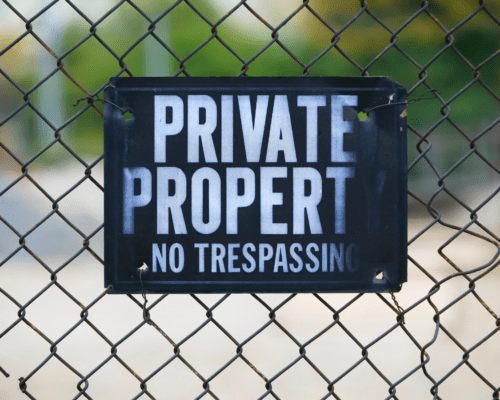Inverse Condemnation and California Property Rights

Under the doctrine of eminent domain, government agencies have the legal right to take private property without the owner’s consent for public use. The action of taking the property is known as condemnation. The flip side of eminent domain is inverse condemnation, in which a private property owner files a lawsuit against the government for taking or damaging property. It is essential for property owners to seek legal representation to help protect their rights in the face of government actions.
How Does Inverse Condemnation Impact Property Owners in California?
Article 1, Section 19 of the California Constitution provides that any injury to real property caused by public improvement, as deliberately designed and constructed, is compensable. This applies even if there was no negligence on the part of the government in carrying out the project or if the injury was not foreseeable. When a government agency causes damage to or takes temporary ownership of private land without fairly compensating the owner, it can give rise to an inverse condemnation claim.
Common scenarios that may lead to such a claim include:
- Damage to private property from wildfires arising from utility company easements
- Ruptured water mains or failure of storm drains that cause damage to private property
- Sewage line failure causing backup into home sewer systems or surface sewage flooding
- Temporary occupation of private land by the government (for example, as a staging area) without permission or compensation
How Does Inverse Condemnation Apply to California Wildfires?
The inverse aspect of condemnation makes the government responsible for compensating private property owners whose property becomes damaged from government use of public land. Private utility companies must adhere to the laws of eminent domain and inverse condemnation. When a utility company starts a wildfire, for example, through malfunctioning power lines, the company may be held strictly liable for damages to private property. To recover compensation, it is not necessary to prove the utility company was negligent, only that the fire occurred on utility company land.
Plaintiffs in California are more likely to prevail in inverse condemnation claims than in other states for two reasons. First, this strict liability rule is unique in the U.S. Second, California extends liability to private entities as well as purely government agencies, giving plaintiffs a wider range of potentially liable parties.
How Can Property Owners Safeguard Their Rights When Facing Inverse Condemnation Issues?
Under state law, the government is required to pay just compensation for taking or damaging private property. Compensable damages may include loss of use of real property, damage and repair, expert costs, prejudgment interest on the loss, and attorney fees. If you are facing inverse condemnation issues, your best chance of recovering fair compensation is to hire an attorney with extensive experience in inverse condemnation matters to handle your claim.
Your Irvine inverse condemnation lawyer can review your case, explain your options under the law, and help you take the appropriate actions to protect your property rights and recover fair compensation for any damages. Under the California Code of Civil Procedure, you may be entitled to full legal costs and reasonable attorney fees as part of your compensation.
Inverse Condemnation Lawyers Who Know How to Win
At Peterson Law Group PC, eminent domain and inverse condemnation are two main focus areas of our practice. Our accomplishments in these areas have been featured on National Public Radio (NPR) and other prominent media outlets.
Our Irvine attorneys have decades of combined experience in this specialized legal sector. We have the skill, power, and resources to successfully represent clients against government agencies and other opposing entities.
If you are facing inverse condemnation issues, contact us at (949) 955-0127 to learn more.
Call To Reach Us For A Prompt Response
Los Angeles Office: (213) 236-9720
Irvine Office: (949) 955-0127